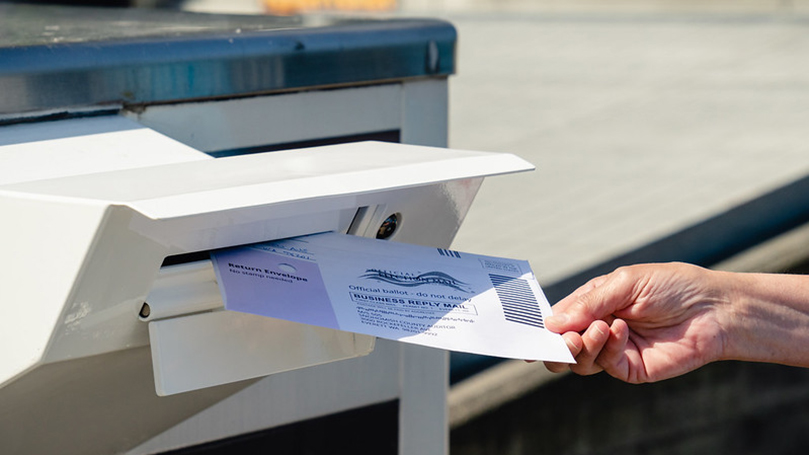Guidelines for Running Candidates

GUIDELINES FOR RUNNING CANDIDATES 8/2021
1. The decision to run CPUSA candidates for public office has to be a collective one. Discussion should take place at both the club and district level, and be coordinated at the national level.
2. Our candidates may run in non-partisan elections, on the CPUSA line, independent, or in primaries. The most important question is the program that our candidates run on, not the line we run on. The line we run on is a tactical question and is determined by the particular local situation.
3. The decision to run candidates, and when and where, has to be the product of careful scientific analysis. Elements that are needed for this analysis include:
a. The economic, demographic and political profile of the district, ward etc. where the election is to take place.
b. The political balance of forces therein.
c. What would be the impact, for good or ill, on the balance of class forces of our running a candidacy that does not win?
d. The characteristics of the proposed candidate.
-
- Is this proposed candidate active and known in the district or area in which she/he is going to run? If you were to do a survey there, would the proposed candidate’s name be recognized by at least some local voters?
- Does the proposed candidate have a track record of dealing with complex social and economic problems?
- Does the candidate have connections to important mass organizations such as labor unions and other people’s organizations? Would people from those organizations be supportive of this individual’s candidacy?
- The proposed candidate’s skills such as public speaking, organizing, writing; candidate’s expertise on matters important to the district in which she/he is going to run, or willingness to learn such skills and knowledge?
4. The campaign team:
a. Every campaign must establish an election committee according to state and federal election laws. Candidate campaign committees are separate entities not connected to the political party of the candidate.”
b. A highly dedicated campaign chair and/or director, willing to put in a lot of work over several months.
c. A campaign treasurer.
d. Someone familiar with press and media work.
e. A team to work up programmatic documents and also campaign literature and propaganda.
f. Enough canvassing workers, poll watchers and “go-fers”
g. An election day team including drivers, people to bring food and water to campaign workers on election day, and even to babysit for the voters while they go to the polls to vote.
